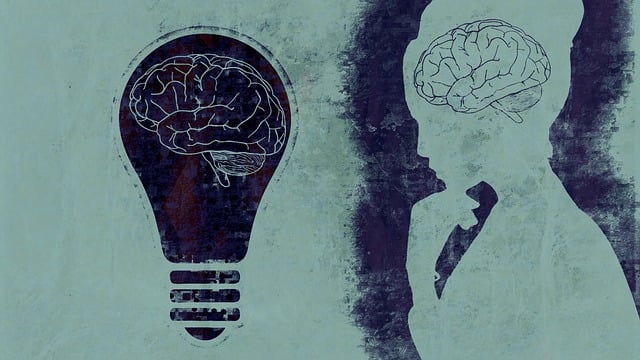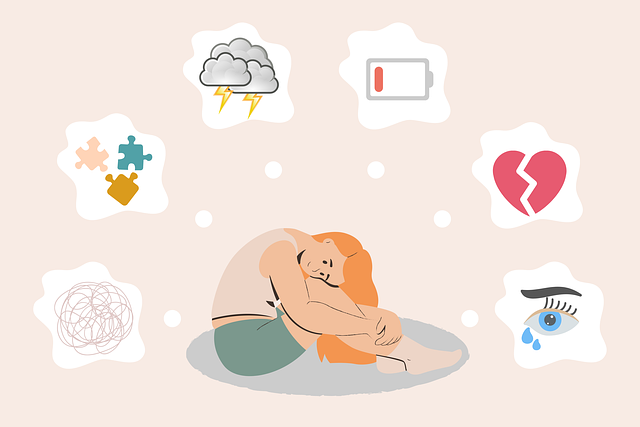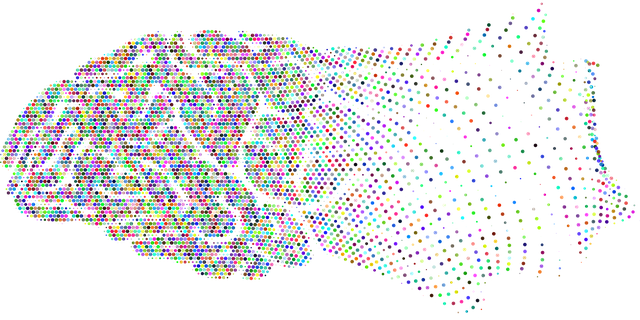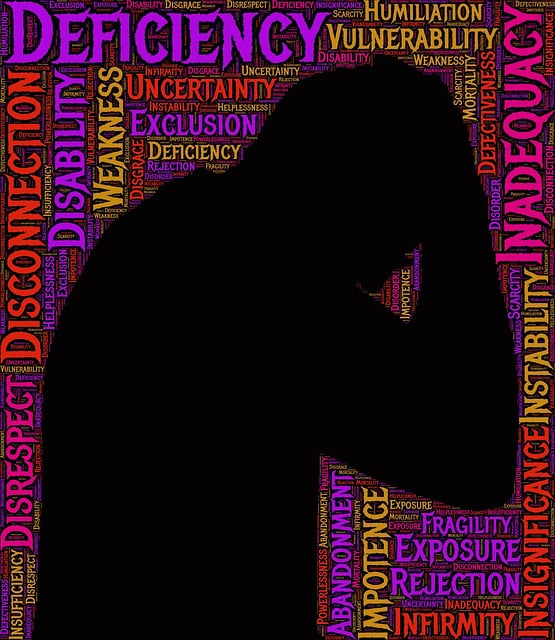Greenwood Village Adolescent and Teen Therapy offers comprehensive mood regulation support through cognitive-behavioural therapy, mindfulness practices, trauma services, and stress management workshops. Their approach targets emotional expression, self-awareness, and decision-making skills during the vital cognitive development phase of adolescence. By integrating tailored empathy strategies, self-care routines, and behavioral interventions like CBT, they empower teens with effective coping mechanisms for long-term mood stability and resilience.
In the quest for emotional well-being, understanding and managing one’s mood is paramount. This article explores various strategies tailored for adolescents and teens in Greenwood Village, offering a comprehensive guide to achieving emotional balance. From cognitive strategies that target young minds to mindfulness practices and behavioral interventions, each section delves into effective techniques. Discover how these approaches can empower individuals to navigate their emotions, fostering resilience and overall mental health, as supported by expert insights from Greenwood Village Adolescent and Teen Therapy.
- Understanding Mood Regulation: Unraveling Emotional Balance
- Cognitive Strategies for Adolescents and Teens
- The Role of Mindfulness and Relaxation Techniques
- Behavioral Interventions for Effective Mood Management
Understanding Mood Regulation: Unraveling Emotional Balance

Mood regulation is a vital skill that enables individuals to navigate life’s ups and downs with resilience. It involves understanding and managing emotions effectively, ensuring emotional balance in various situations. The pursuit of emotional equilibrium is a complex journey, especially for adolescents and teens navigating their identities and feelings. This is where professional help from centres like Greenwood Village Adolescent and Teen Therapy can be transformative.
Centres offering therapy services equip young individuals with tools to identify and express emotions healthily. Through therapeutic interventions, such as cognitive-behavioural therapy or mindfulness practices, teenagers learn to recognise triggers and develop coping mechanisms. The process fosters self-awareness, enhances emotional intelligence, and promotes better decision-making abilities. Moreover, healthcare providers play a crucial role in cultural competency training, ensuring that empathy building strategies cater to diverse backgrounds. Empathy is a cornerstone of effective therapy, fostering an environment where teens feel understood and supported. Additionally, integrating self-care practices into daily routines becomes a valuable tool for long-term mood regulation.
Cognitive Strategies for Adolescents and Teens

Adolescence is a period of significant cognitive development, making it an opportune time to cultivate effective mood regulation strategies. Cognitive strategies, in particular, offer adolescents and teens powerful tools to navigate their emotional landscape. Therapists at Greenwood Village Adolescent and Teen Therapy leverage these techniques to help young individuals understand and manage their emotions more effectively.
By focusing on inner strength development and confidence boosting, cognitive therapy empowers teens to challenge negative thought patterns and replace them with healthier, more adaptive perspectives. This process involves identifying distorted thinking, cognitive reframing, and learning coping mechanisms tailored to individual needs. Incorporating trauma support services within this framework further enhances resilience, allowing adolescents to process and overcome past traumas while fostering a sense of emotional control and well-being.
The Role of Mindfulness and Relaxation Techniques

Mindfulness and relaxation techniques play a pivotal role in mood regulation, offering powerful tools to navigate the challenges of adolescent and teen therapy in Greenwood Village and beyond. These practices have gained significant traction in mental health policy analysis and advocacy due to their effectiveness in preventing burnout among young individuals. By fostering present-moment awareness, mindfulness helps teens detach from negative thought patterns and emotional ruts, enabling them to manage stress more effectively.
Relaxation techniques, such as deep breathing exercises and progressive muscle relaxation, offer additional avenues for calming the mind and body. These practices can be easily integrated into daily routines, providing adolescents with a sense of agency in their mental health journey. Organizations like Greenwood Village Adolescent and Teen Therapy have recognized the value of incorporating mindfulness and stress management workshops to support teens in developing resilience and coping strategies that extend far beyond the therapy session.
Behavioral Interventions for Effective Mood Management

Behavioral interventions offer a powerful set of tools for adolescents and teens looking to manage their moods effectively. These strategies focus on modifying thoughts and actions that contribute to negative emotional states, such as anxiety or depression. One prominent approach is cognitive-behavioral therapy (CBT), which helps individuals identify and challenge distorted thinking patterns and replace them with healthier alternatives. At Greenwood Village Adolescent and Teen Therapy, experts guide young people through this process, teaching them to recognize triggers and develop coping mechanisms tailored to their unique needs.
Additionally, social skills training plays a crucial role in mood regulation. By enhancing communication and interpersonal abilities, teens can build stronger connections, reduce feelings of isolation, and foster a sense of belonging. This aspect is particularly beneficial for those struggling with depression prevention or self-esteem improvement. Through role-playing exercises and group activities, young individuals learn to navigate social situations confidently, promoting positive interactions and a more resilient mood state.
Mood regulation is a vital skill, especially during adolescence. By understanding emotional balance and employing various strategies, teens can navigate their moods effectively. Cognitive techniques, mindfulness practices, and behavioral interventions offer powerful tools for managing emotions, as supported by research in Greenwood Village Adolescent and Teen Therapy. Integrating these methods allows individuals to foster resilience, improve overall well-being, and lead more fulfilling lives.














